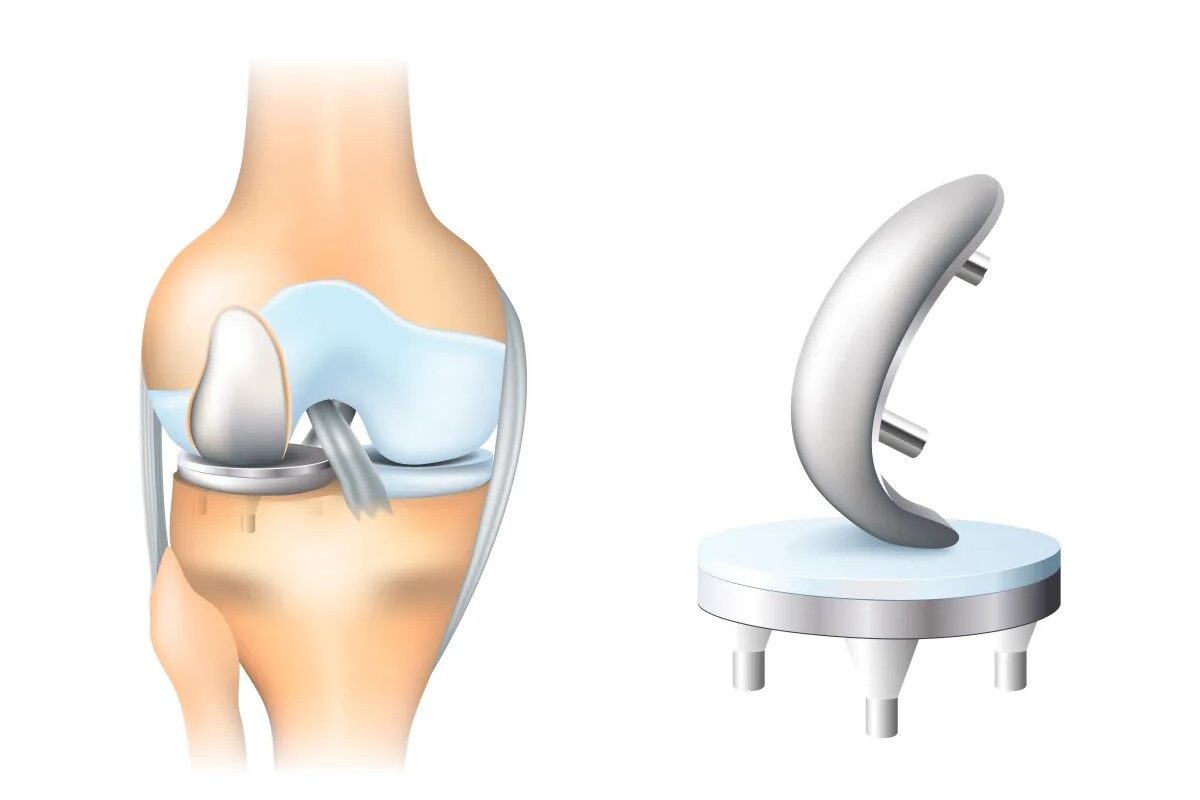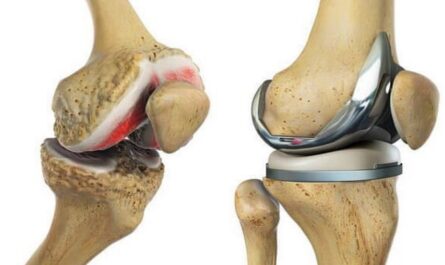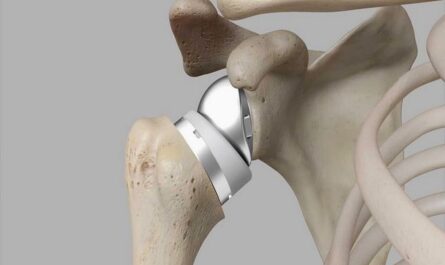
Knee problems can significantly affect one’s quality of life, making everyday activities challenging. For individuals suffering from severe knee pain and mobility issues due to conditions like osteoarthritis, rheumatoid arthritis, or traumatic injury, knee replacement surgery can offer substantial relief.
Unilateral knee replacement, also known as total knee replacement (TKR), is a common and effective surgical procedure performed to replace the damaged knee joint with an artificial implant.
This blog explores the nuances of unilateral knee replacement surgery, eligibility criteria, contributing factors to the cost, and the reasons for cost variation in India.
What is Unilateral Knee Replacement Surgery?
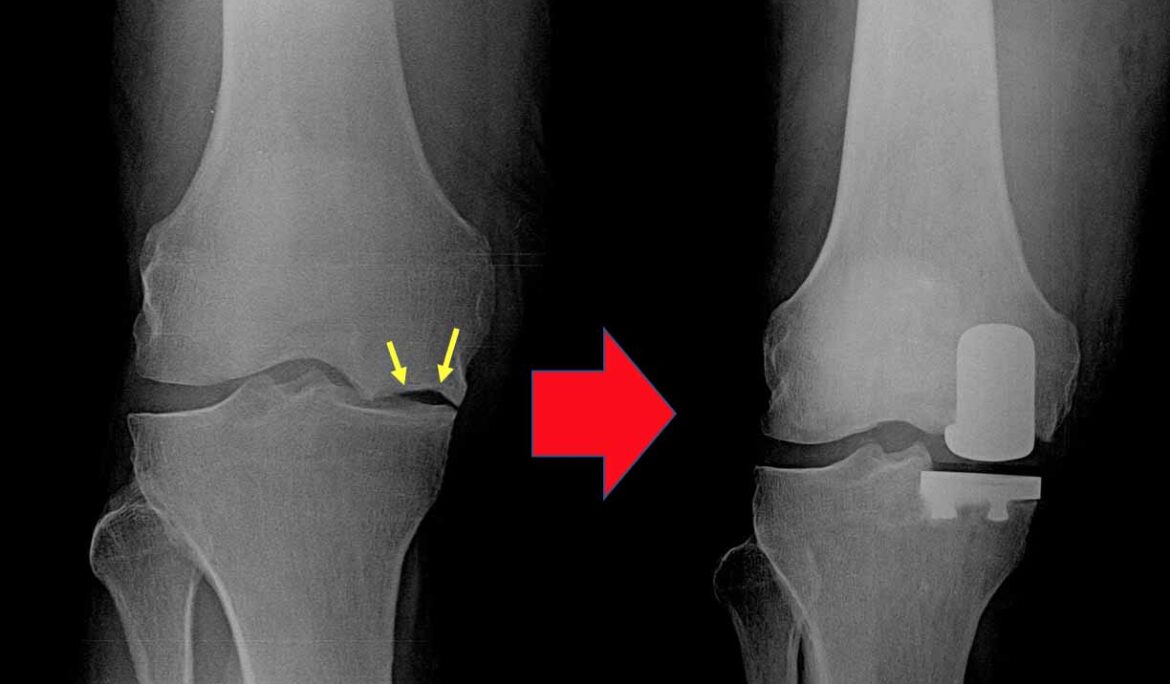
Unilateral knee replacement surgery involves replacing the damaged or diseased knee joint with an artificial implant. Unlike bilateral knee replacement, which involves both knees, unilateral knee replacement focuses on just one knee. It is a highly effective procedure for people suffering from severe knee pain and dysfunction.
The surgery offers numerous advantages and benefits, significantly improving the quality of life for patients.
Who is Eligible for Unilateral Knee Replacement?
Not every individual with knee pain is an ideal candidate for unilateral knee replacement surgery. Eligibility criteria generally include:

- Severity of Symptoms: Individuals with severe knee pain that significantly impairs daily activities and does not respond to conservative treatments like medication, physical therapy, or injections.
- Age and Health: While there’s no strict age limit, the surgery is typically recommended for individuals over 50. Overall health is also a crucial consideration, as conditions like uncontrolled diabetes or heart issues may pose risks.
- Knee Condition: Candidates usually suffer from advanced osteoarthritis, rheumatoid arthritis, or other degenerative joint diseases. The knee joint must be severely damaged but still have sufficient bone structure to support the implant.
- Activity Level: Patients who lead active lifestyles but are limited by knee pain and have realistic expectations about the surgery outcomes are ideal candidates.
What Are the Contributing Factors to The Cost of Unilateral Knee Replacement?
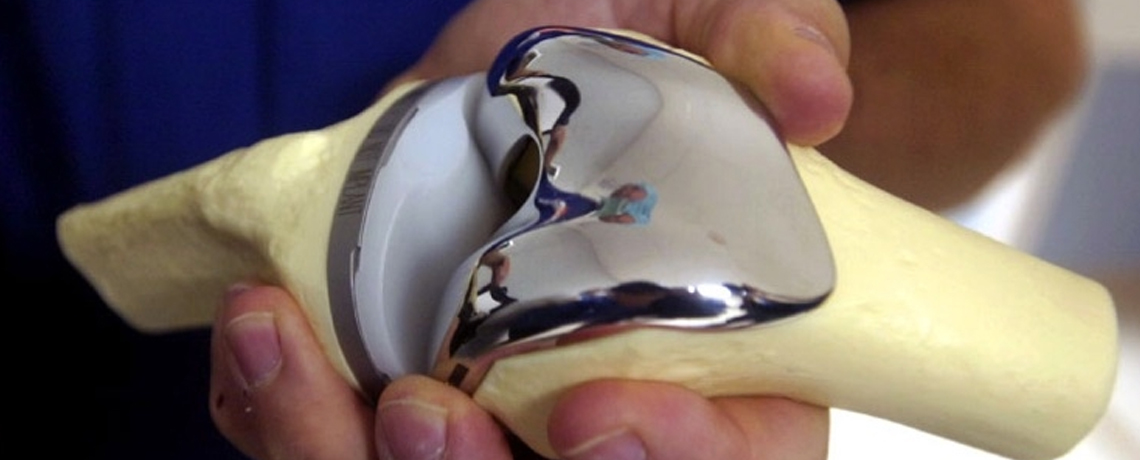
The cost of unilateral knee replacement surgery in India varies widely due to several contributing factors:
- Hospital Type: The choice between a government hospital, private hospital, or specialized orthopedic center significantly influences the cost. Private and specialized centers generally charge more due to advanced facilities and personalized care.
- Surgeon’s Experience: Surgeons with vast experience and a high success rate typically charge higher fees. Their expertise can greatly affect the surgery’s outcome and recovery.
- Implant Quality: The type and quality of the knee implant used play a critical role in determining the cost. Premium implants made from advanced materials like ceramic or titanium are more expensive.
- Pre- and Post-Operative Care: Comprehensive care, including diagnostic tests, anesthesia, medications, physiotherapy, and follow-up consultations, adds to the overall cost.
- Location: The geographical location of the hospital also affects the cost. Metropolitan cities with advanced medical facilities tend to be more expensive than smaller towns or rural areas.
Average Cost of Unilateral Knee Replacement in India
The average cost of unilateral knee replacement surgery in India typically ranges from INR 1,50,000 to INR 3,50,000 (approximately USD 2,000 to USD 4,700).
What Does the Cost Include?
The cost of unilateral knee replacement surgery generally includes several components:
Pre-operative Assessment:
- Consultations: Fees for consultations with the orthopedic surgeon and other specialists.
- Diagnostic Tests: Costs for X-rays, MRI scans, blood tests, and other diagnostic procedures.
Hospital Charges:
- Room Charges: Fees for the hospital room, which can vary based on the type of room (general ward, private room, etc.).
- Operation Theatre Charges: Costs for using the operation theatre and surgical equipment.
- Nursing Care: Charges for nursing care during the hospital stay.
Surgeon’s Fees:
- Surgeon’s Fee: Payment for the surgeon performing the procedure.
- Anesthetist’s Fee: Charges for the anesthetist administering anesthesia during the surgery.
Implant Costs:
- Knee Implant: The cost of the knee implant, which can vary based on the type and material of the implant (metal, ceramic, etc.).
Medications and Consumables:
- Medications: Cost of medications used before, during, and after the surgery.
- Surgical Consumables: Charges for consumables like sutures, bandages, and other materials used during the surgery.
Post-operative Care:
- Physiotherapy: Costs for physiotherapy sessions required for rehabilitation and recovery.
- Follow-up Consultations: Fees for follow-up visits to monitor recovery and address any complications.
Conclusion
Unilateral knee replacement surgery is a life-changing procedure for people suffering from chronic knee pain and mobility issues. While the cost of the surgery in India can vary widely due to multiple factors, understanding these factors can help patients make informed and wise decisions. Consulting with experienced surgeons and exploring various hospitals and insurance options can ensure that patients receive the best possible care at an affordable and convenient cost. Ultimately, the investment in knee replacement surgery can lead to significant improvements in quality of life and long-term health outcomes.

